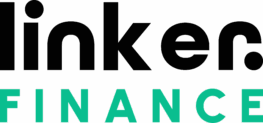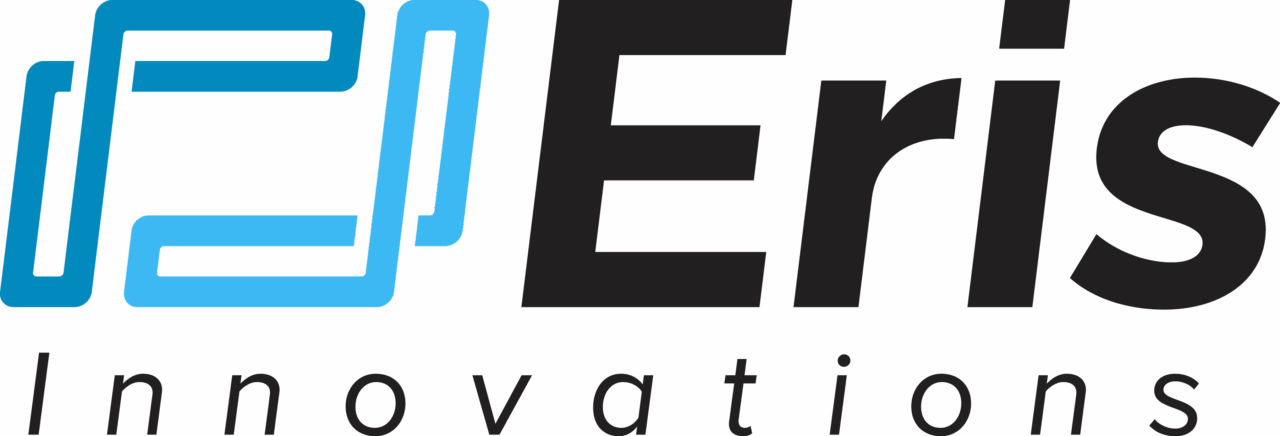In a Harvard Business Review interview, author/investment banker James Runde explains career advancement through emotional intelligence, framing it as a skill worth mastering for professionals in financial services.
Runde states that the components of EQ — self-awareness, adaptability, collegiality, collaboration, and empathy — can be prioritized even above hard work and intelligence as career assets for bankers. Without them, he asserts, financial service professionals run the risk of being “… not recognized, not appreciated, not promoted and, often, not properly compensated.”
Mastering EQ for Team Dynamics and Client Interactions
Runde explores how EQ evolves across different phases of a career. He describes the journey from studenthood to financial services professional, with its workday rigors of client relationships and new-business generation.
He emphasizes the need for continual development of EQ skills during this phase, highlighting their importance in both internal team dynamics and external client interactions.
The Importance of Empathy and Active Listening
Runde emphasizes the importance of empathy and active listening in understanding customer needs and providing tailored solutions. What results is the solidification of confidence between the customer and the banker, an immeasurable advantage, according to Runde. “Building a relationship of trust can take years, but it pays dividends,” he asserts.
Staying Competitive in Financial Services with Lifelong Learning & EQ
Runde connects EQ to networking and sponsorship. Not surprisingly, he underscores the value of sponsors in advocating for bankers’ career advancement, stating, “Networking is key to identifying new opportunities and advancing your career.”
Finally, Runde stresses the importance of continuous learning, adaptability, and humility in maintaining EQ skills and staying competitive in the evolving business landscape. He highlights the need for bankers to remain open to feedback, coaching, and new perspectives.
“Nobody can be a know-it-all,” he notes.
Runde’s full explanation of career advancement through EQ is at the Harvard Business Review.



















